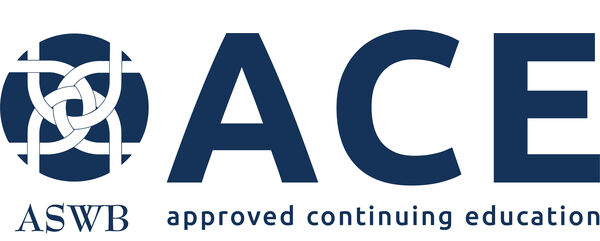Identifying And Exploring Bias In Public Opinion On Scarce Resource Allocation During the Covid-19 Pandemic (1 credit hour)
Program Summary: This course examines choice scenarios for the allocation of scarce resources during the Covid-19 pandemic and explores the potential for disability bias. The research is part of an Epidemic Ethics/WHO initiative. The course follows a conjoint study in which respondents are given a choice for selecting which one of two patients would receive a hospital’s last ventilator. Guidance from the HHS Office for Civil Rights issued in March of 2020 is included.
This course is recommended for social workers and is appropriate for beginning and intermediate levels of practice. This course is not recommended for NBCC ethics credit.
Course Reading: Identifying And Exploring Bias In Public Opinion On Scarce Resource Allocation During The Covid-19 Pandemic
Publisher: Health Affairs
Course Objectives: To enhance professional practice, values, skills and knowledge by exploring the scenarios for the allocation of scarce resources during Covid-19, the potential for disability bias, and guidance for crisis standards of care.
Learning Objectives: Describe potential choice scenarios for the allocation of scarce resources during the Covid-19 pandemic. Describe how disability bias could potentially affect healthcare resource allocation and crisis response. Describe guidance for crisis standards of care.
Review our pre-reading study guide.
G.M. Rydberg-Cox, MSW, LSCSW is the Continuing Education Director at Free State Social Work and responsible for the development of this course. She received her Masters of Social Work in 1996 from the Jane Addams School of Social Work at the University of Illinois-Chicago and she has over 20 years of experience. She has lived and worked as a social worker in Chicago, Boston, and Kansas City. She has practiced for many years in the area of hospital/medical social work. The reading materials for this course were developed by another organization.





